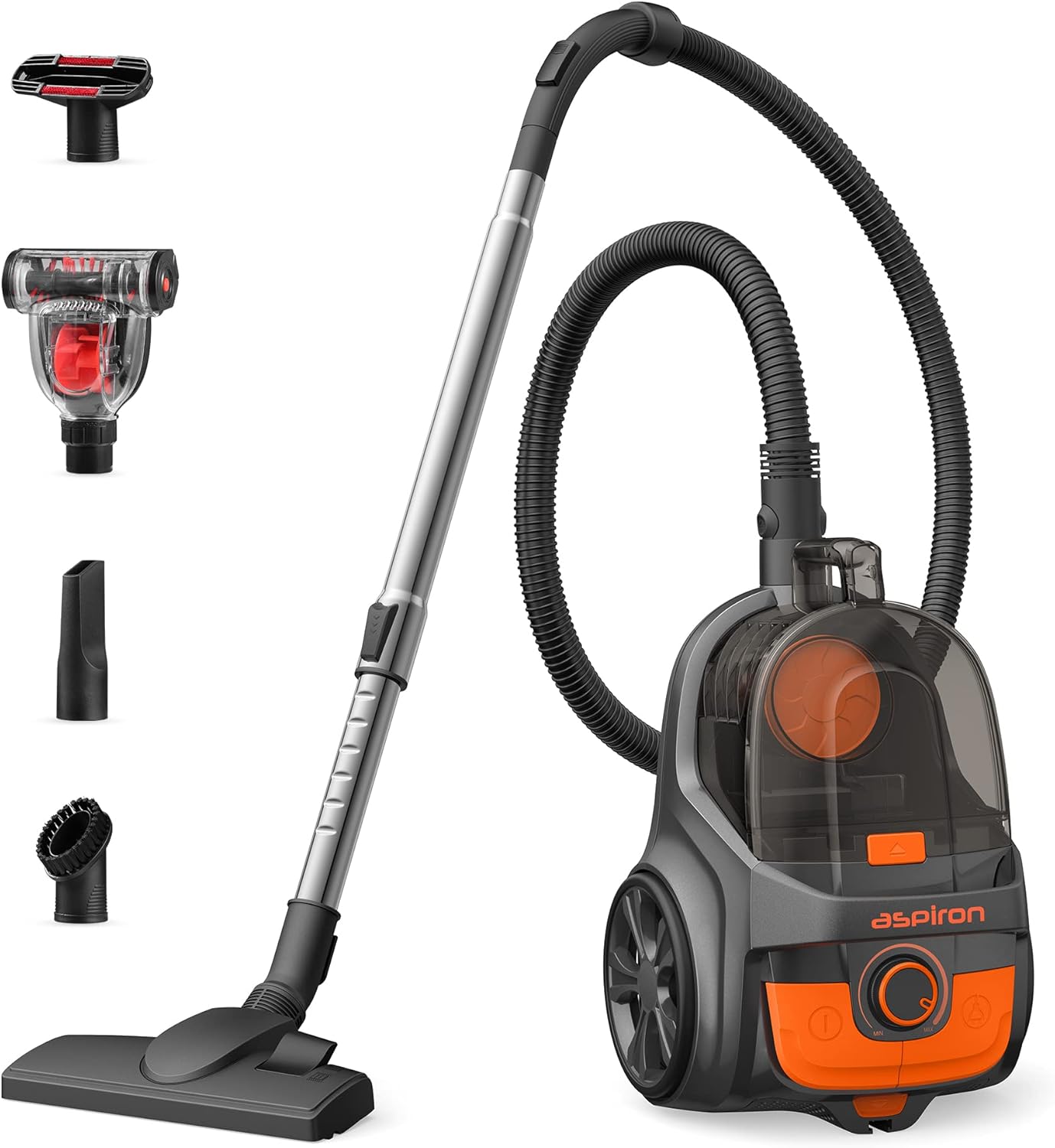Guinea Pig Food Requirements: How Long They Can Safely Go Without Eating
How farseeing can a guinea pig go without food?
Guinea pigs have an unambiguously sensitive digestive system that require constant movement to maintain proper health. Because of this specialized digestive process, guinea pigs can solely go without food for roughly 6–10 hours before face potentially serious health consequences. This timeframe is importantly shorter than many other pets, make regular feeding schedules critically important for these small rodents.
Unlike some animals that can survive days without eat, guinea pigs face life threaten complications if they don’t eat regularly. Their digestive systems are design to process food endlessly, and any interruption to this process can promptly lead to severe health issues.
Why guinea pigs need constant access to food
Guinea pigs have evolved as graze animals that course eat small amounts throughout the day and night. Their digestive systemdependsd on this constant food intake for several critical reasons:
Continuous digestive motion
The guinea pig’s digestive tract must remain in constant motion to function decently. Without regular food intake, the digestive system can slow down or stop move completely, lead to a dangerous condition call GI stasis.
Dental health requirements
Guinea pig teeth grow ceaselessly throughout their lives. Regular chew on hay and other fibrous foods help wear down these always grow teeth course. Without constant access to food, dental problems can promptly develop, far complicate their ability to eat.
Blood sugar regulation
These small animals have comparatively high metabolic rates and can not store large amounts of energy reserves. Without frequent meals, their blood sugar levels can drop perilously low, lead to weakness, lethargy, and potentially fatal complications.
Signs your guinea pig hasn’t eaten
Monitor your guinea pig’s eat habits is essential for catch potential problems other. Watch for these warning signs that your pet may not be eaten right:
- Untouched food in their dish
- Decrease droppings or changes in dropping size / shape
- Lethargy or unusual stillness
- Hunch posture indicate discomfort
- Weight loss (weigh your guinea pig weekly can help track this )
- Lack of interest in favorite treats
- Grind teeth (a sign of pain )
Any of these signs warrant immediate attention, as they could indicate your guinea pig hasn’t been eaten for several hours.
Health consequences of food deprivation
When a guinea pig goes without food, several serious health issues can develop quickly:
Gastrointestinal stasis
This dangerous condition occurs when the digestive systemslowsw down or stop move wholly. Without treatmentGIgi stasis can be fatal within 24 48 hours. The first signs frequently include reduce droppings, bloat, and obvious discomfort.
Hepatic lipids
To know as fatty liver disease, this condition ddevelopswhen the body begins break down fat reserves for energy. The liver become overwhelmed by process these fats, potentially lead to liver failure.
Hypoglycemia
Low blood sugar can occur within hours of food deprivation in guinea pigs. Symptoms include weakness, disorientation, seizures, and in severe cases, coma.
Dehydration
Guinea pigs obtain significant moisture from fresh vegetables in their diet. Without food, they may besides reduce water intake, lead to dehydration that compound other health problems.
Emergency steps if your guinea pig stops eat
If you notice your guinea pig hasn’t eaten for more than 6 8 hours, consider this a medical emergency and take these steps:
Contact a veterinarian instantly
Call an exotic pet veterinarian or emergency clinic ripe outside. Explain the situation understandably, mention how farseeing your guinea pig has gone without eat. This condition require professional medical attention and should not btreatedat at home solitary.
Offer favorite foods
While wait for veterinary care, try to tempt your guinea pig with their absolute favorite foods. Fresh herbs like cilantro or parsley, small pieces of bell pepper, or cucumber might entice them to eat something.
Critical care supplement
If you have critical car(( a particularly formulate recovery food for herbivore)) on hand, prepare it accord to package instructions. This high fiber supplement can be syringe feed to guinea pigs who aren’t eaten voluntarily.
Check for obvious issues
Cautiously examine your guinea pig’s mouth for any visible problems like overgrown teeth or injuries that might be prevented eat. Too check their habitat for any environmental issues that coulbecausese stress.
Keep them warm and comfortable
Guinea pigs who aren’t eating oftentimes have trouble maintain body temperature. Keep them in a warm, quiet environment while await veterinary care.
Typical veterinary treatments
When you bring a non-eating guinea pig to the veterinarian, they may perform several interventions:
- Fluid therapy to address dehydration
- Pain medication to relieve discomfort
- Medications to stimulate gut motility
- Force-feeding with specialized recovery formulas
- Dental work if overgrown teeth are identified
- Treatment for any underlying infections or illnesses
The prognosis depend mostly on how quickly treatment begin, which is why recognize the problem betimes is crucial.
Proper feeding schedule for guinea pigs
To prevent dangerous food deprivation, establish a proper feeding routine for your guinea pig:
Unlimited hay
Timothy hay or other appropriate grass hays should be available 24/7. This form the foundation of a healthy guinea pig diet and provide the fiber need for proper digestion.
Fresh vegetables daily
Provide 1 cup of fresh vegetables per guinea pig each day, divide into astatine least two feedings. Good options include bell peppers, cucumber, romaine lettuce, and small amounts of carrots.
Limited pellets
High quality guinea pig pellets should be offer in measured amounts (approximately 1/8 cup per guinea pig eevery da). These provide concentrated nutrition but shouldn’t replace hay as the main food source.
Fresh water
Clean, fresh water must be available at all times, rather in both a bottle and a shallow dish to ensure access.
Vitamin c supplementation
Guinea pigs can not produce their own vitamin C and must obtain it through diet. Bell peppers are an excellent natural source, but some guinea pigs may need additional supplementation.
Prepare for absences
If you need to be outside from home, proper planning is essential to ensure your guinea pig doesn’t go without food:
Pet sitter options
The safest option is had a reliable pet sitter visit astatine least doubly eevery dayto refresh food, water, and check on your guinea pig’s advantageously being. Choose someone familiar with guinea pig care if possible.
Automatic feeders
While not ideal for long absences, automatic feeders can help ensure fresh pellets are available at schedule times. Nevertheless, these can not replace fresh vegetables or monitor if your pet is really eat.
Boarding facilities
Some exotic pet veterinarians and specialize pet stores offer boarding services for guinea pigs. These facilities understand the unique needs of small pets and can provide appropriate care during your absence.
Emergency planning
Invariably leave detailed care instructions and your veterinarian’s contact information with whoever is care for your guinea pig. Include signs of illness to watch for and authorization for emergency veterinary care if neededneed.
Common causes of appetite loss in guinea pigs
Understand why guinea pigs might stop eat can help prevent dangerous situations:
Dental problems
Overgrown teeth, dental abscesses, or mouth injuries can make eat painful. Regular dental checks by an exotic pet veterinarian can catch these issues other.
Gastrointestinal issues
Bloat, gas, intestinal blockages, or bacterial imbalances can cause guinea pigs to stop eat. These conditions oftentimes require prompt veterinary intervention.
Respiratory infections
Upper respiratory infections make breathing difficult, which can interfere with eating. Signs include nasal discharge, sneeze, and labored breathing.

Source: rodentsfact.com
Environmental stress
Changes in housing, introduction of new pets, loud noises, or other stressors can cause temporary appetite loss. Minimize stress and maintain routine is important for sensitive guinea pigs.

Source: guineapig101.com
Pain from other conditions
Urinary tract infections, pododermatitis (foot inflammation ) or injuries may cause enough discomfort that guinea pigs reduce their food intake.
Preventive health measures
Take proactive steps can help ensure your guinea pig maintain healthy eat habits:
Regular weigh ins
Weigh your guinea pig weekly use a kitchen scale. Weight loss is frequently the first sign of health problems, and catch a downward trend betimes can save lives.
Veterinary check-ups
Schedule annual wellness exams with an exotic pet veterinarian experience with guinea pigs. These professionals can spot potential issues before they become emergencies.
Proper housing
Maintain appropriate temperature (65 75 ° f ) provide adequate space ( (nimum 7.5 square feet for one guinea pig ),)nd ensure the habitat is clean and free from drafts.
Diet monitoring
Keep track of what your guinea pig eat each day. Know their normal eat patterns make it easier to spot changes speedily.
Enrichment activities
Boredom can sometimes contribute to reduce appetite. Provide toys, tunnels, and regular handling to keep your guinea pig mentally stimulate.
Conclusion
Guinea pigs have an unambiguously sensitive digestive system that require constant food intake. They can solely safely go without food for roughly 6 10 hours before face potentially life threaten complications. This make regular feeding schedules and monitor perfectly essential for these popular small pets.
Understand to warn signs of reduce food intake and take immediate action when problems arise can literally save your guinea pig’s life. By provide proper nutrition, regular veterinary care, and prompt attention to any changes in eat habits, you can help ensure your guinea pig remain healthy and advantageously nourish throughout their life.
Remember that any period without eat farseeing than 8 10 hours should be considered a medical emergency require immediate veterinary attention. With proper care and vigilance, you can help your guinea pig maintain the continuous feeding schedule their specialized digestive system require.



